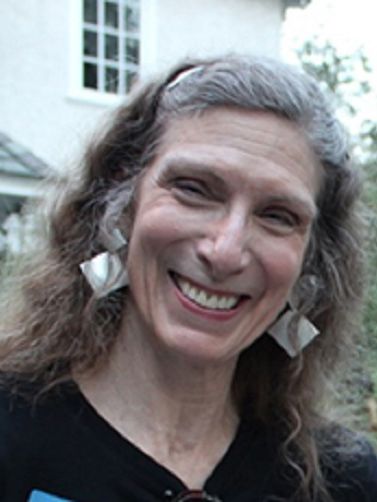Carol Deutsch
Professor
215-898-8014
cjd@pennmedicine.upenn.edu
650A Clinical Research Building
415 Curie Boulevard
Philadelphia, PA 19104

Recent Publications
September 1, 2025
Disease-associated Kv1.3 Variants are Energy Compromised with Impaired Nascent Chain Folding
Aaron Sykes, Lannawill Caruth, Sophia Gross, Shefali Setia Verma, Toshinori Hoshi, Carol Deutsch - PMID: 40409708 DOI: 10.1016/j.jmb.2025.169226
Article
November 2, 2021
Ribosome Elongation Kinetics of Consecutively Charged Residues Are Coupled to Electrostatic Force
Sarah E. Leininger, Judith Rodriguez, Quyen V. Vu, Yang Jiang, Mai Suan Li, Carol Deutsch, and Edward P. O’Brien. Biochemistry 2021 60 (43, 3223-3235. ) DOI: 10.1021/acs.biochem.1c00507
Article
August 3, 2020
The activation gate controls steady-state inactivation and recovery from inactivation in Shaker
Tibor Szanto, Florina Zakany, Ferenc Papp, Zoltan Varga, Carol Deutsch, & Gyorgy Panyi - DOI:10.1085/jgp.202012591 - PMID: 32442242 - PMCID: PMC7398138
Article
May 15, 2020
Forcing the ribosome to change its message
Sarah E. Leininger, Carol Deutsch, & Edward P. O’Brien - DOI: 10.1074/jbc.H120.013747 - PMCID: PMC7242706 - PMID: 32414911
Article
June 17, 2020
Side‐chain thioamides as fluorescence quenching probes
D. Miklos Robkis, Eileen M. Hoang, Pengse Po, Carol J. Deutsch, & E. James Petersson - PMID: 32740927 - DOI: 10.1002/bip.23384
Article
